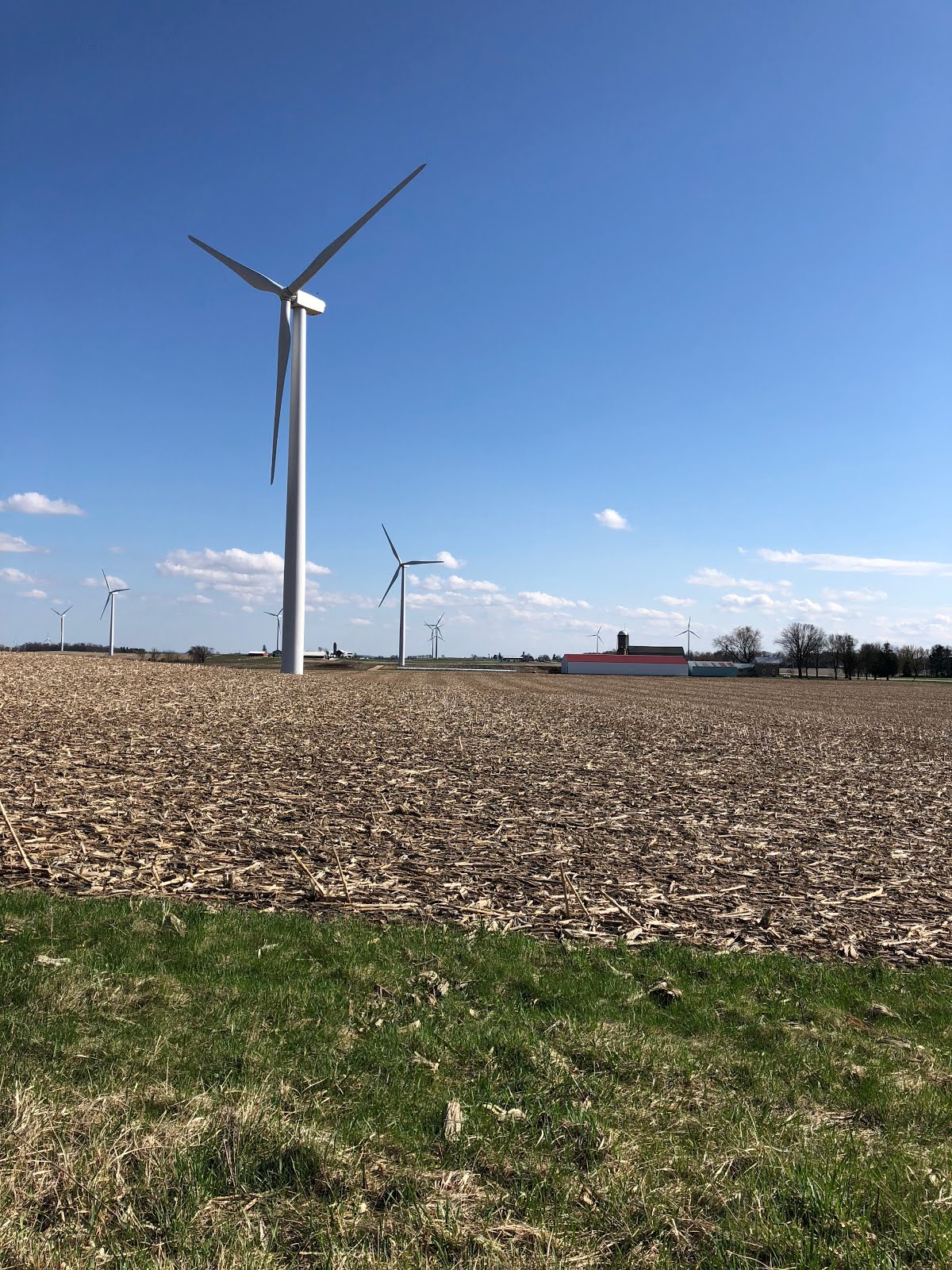Our Region Is Hamstrung By SEWRPC's Tunnel Vision
As I said on this blog last week, about a dozen citizens had a good discussion with staff at the UWM Center for Economic Development that are going to review a regional water study's draft recommendations for potential socio-economic consequences.
All well and good - - except that the water study began in 2005, is recommending a Lake Michigan water diversion for already-growing Waukesha, but is only now, at the 11th-hour, getting the broad analysis that should have been among the study's parameters and goals from the outset.
SEWRPC, the regional planning entity, has been partial over the years to highway expansion plans, but has shown little interest in socio-economic issues or analyses, and agreed under duress and public criticism to hire an independent consultant - - in this case, the UWM experts - - to add to the nearly0completed water supply study what had been omitted from its research and advisory committee debate all these years.
What the water study drafters did instead was to focus on supply-and-demand issues and population trends, and made sure that the final study would dovetail with the SEWRPC master plan for the region - - the land-use plan - - as do all SEWRPC studies.
The same master plan that has been in place for decades, with regular updates, as sprawl has gobbled up farms and open space throughout the region.
I am reprinting below the language from the state stature that sets out what a regional planning commission's master plan shall be.
Not might be, or can be, but shall be, and you tell me how SEWRPC didn't make water's socio-economic consequences a major piece of the supply study - - from the get-go?
The State Statute:
66.0309(10) (10) Adoption of master plan for region. The master plan shall be made with the general purpose of guiding and accomplishing a coordinated, adjusted and harmonious development of the region which will, in accordance with existing and future needs, best promote public health, safety, morals, order, convenience, prosperity or the general welfare, as well as efficiency and economy in the process of development. The regional planning commission may adopt the master plan as a whole by a single resolution, or, as the work of making the whole master plan progresses, may by resolution adopt a part or parts of the master plan, any part to correspond with one or more of the elements specified in s. 66.1001. The resolution shall refer expressly to the maps, plats, charts, programs and descriptive and explanatory matter, and other matters intended by the regional planning commission to form the whole or any part of the plan, and the action taken shall be recorded on the adopted plan or part of the adopted plan by the identifying signature of the chairperson of the regional planning commission and a copy of the plan or part of the adopted plan shall be certified to the legislative bodies of the local governmental units within the region. The purpose and effect of adoption of the master plan shall be solely to aid the regional planning commission and the local governments and local government officials comprising the region in the performance of their functions and duties.
66.0309(10) (10) Adoption of master plan for region. The master plan shall be made with the general purpose of guiding and accomplishing a coordinated, adjusted and harmonious development of the region which will, in accordance with existing and future needs, best promote public health, safety, morals, order, convenience, prosperity or the general welfare, as well as efficiency and economy in the process of development. The regional planning commission may adopt the master plan as a whole by a single resolution, or, as the work of making the whole master plan progresses, may by resolution adopt a part or parts of the master plan, any part to correspond with one or more of the elements specified in s. 66.1001. The resolution shall refer expressly to the maps, plats, charts, programs and descriptive and explanatory matter, and other matters intended by the regional planning commission to form the whole or any part of the plan, and the action taken shall be recorded on the adopted plan or part of the adopted plan by the identifying signature of the chairperson of the regional planning commission and a copy of the plan or part of the adopted plan shall be certified to the legislative bodies of the local governmental units within the region. The purpose and effect of adoption of the master plan shall be solely to aid the regional planning commission and the local governments and local government officials comprising the region in the performance of their functions and duties.









No comments:
Post a Comment